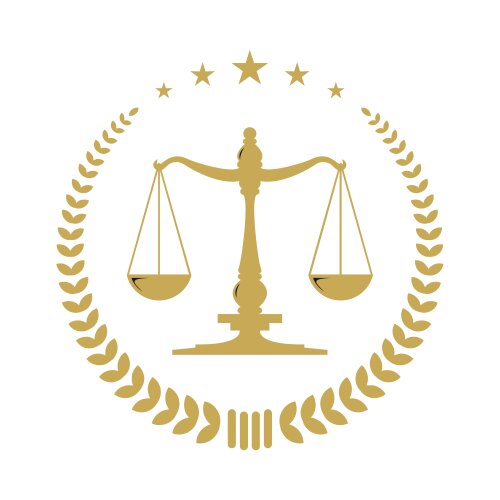Best Defamation Lawyers in Islamabad
Share your needs with us, get contacted by law firms.
Free. Takes 2 min.
List of the best lawyers in Islamabad, Pakistan
About Defamation Law in Islamabad, Pakistan
Defamation in Islamabad, Pakistan refers to the act of making false statements about someone that harm their reputation. It can be classified as either libel (written defamation) or slander (spoken defamation). Defamation laws are in place to protect individuals and organizations from unjust attacks on their character.
Why You May Need a Lawyer
You may need a lawyer in cases of defamation to protect your reputation, seek damages for harm caused by false statements, or defend against allegations of defamation. A lawyer can help you understand your rights, navigate the legal system, and present a strong case in court.
Local Laws Overview
In Islamabad, Pakistan, defamation is a criminal offense under the Pakistan Penal Code. The law distinguishes between defamation against individuals and defamation against public figures. It is important to note that truth is a defense against defamation claims in Pakistan.
Frequently Asked Questions
1. What is the difference between libel and slander?
Libel refers to written defamation, while slander refers to spoken defamation.
2. Can I be sued for defamation for sharing my opinion online?
Opinions are usually protected under freedom of speech laws, but if your opinion is presented as a fact and causes harm, you may be at risk of a defamation lawsuit.
3. What damages can be sought in a defamation case?
Damages in a defamation case may include compensation for harm to reputation, emotional distress, and punitive damages.
4. Is it possible to settle a defamation case out of court?
Yes, defamation cases can be settled through mediation or negotiation outside of court.
5. How long do I have to file a defamation lawsuit in Islamabad?
The statute of limitations for defamation cases in Islamabad is generally one year from the date of publication of the defamatory statement.
6. What defenses are available in a defamation case?
The truth of the statement, privilege (such as fair reporting of public proceedings), and consent are common defenses in a defamation case.
7. Can I be prosecuted for defamation if I unknowingly shared false information?
If you did not have knowledge of the falsity of the information and acted in good faith, you may have a defense against a defamation charge.
8. Is it possible to issue a public apology instead of going to court for defamation?
A public apology can sometimes mitigate damages in a defamation case, but it may not always prevent legal action.
9. Can a company sue for defamation?
Yes, companies can sue for defamation if false statements harm their reputation and business interests.
10. Can a defamation case lead to criminal charges in Islamabad?
Defamation is a criminal offense in Pakistan, and a defamation case can result in criminal charges if the offense is severe.
Additional Resources
If you need legal advice or assistance with defamation in Islamabad, you can contact the Pakistan Bar Council or seek help from a reputable law firm specializing in defamation cases.
Next Steps
If you believe you have been a victim of defamation or are facing allegations of defamation in Islamabad, it is advisable to consult with a qualified lawyer to understand your legal options and rights. A lawyer can assist you in gathering evidence, assessing the strength of your case, and representing you in court proceedings.
Lawzana helps you find the best lawyers and law firms in Islamabad through a curated and pre-screened list of qualified legal professionals. Our platform offers rankings and detailed profiles of attorneys and law firms, allowing you to compare based on practice areas, including Defamation, experience, and client feedback.
Each profile includes a description of the firm's areas of practice, client reviews, team members and partners, year of establishment, spoken languages, office locations, contact information, social media presence, and any published articles or resources. Most firms on our platform speak English and are experienced in both local and international legal matters.
Get a quote from top-rated law firms in Islamabad, Pakistan — quickly, securely, and without unnecessary hassle.
Disclaimer:
The information provided on this page is for general informational purposes only and does not constitute legal advice. While we strive to ensure the accuracy and relevance of the content, legal information may change over time, and interpretations of the law can vary. You should always consult with a qualified legal professional for advice specific to your situation.
We disclaim all liability for actions taken or not taken based on the content of this page. If you believe any information is incorrect or outdated, please contact us, and we will review and update it where appropriate.










